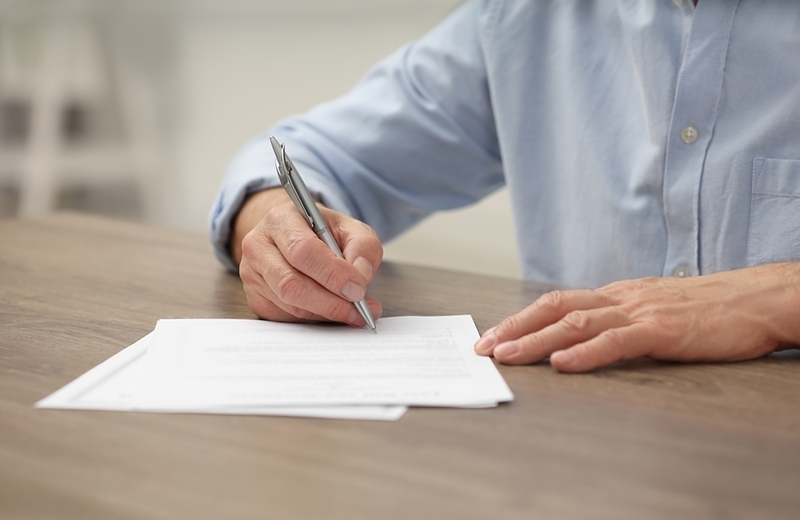What is an Executor of a will and who can be one?
An Executor is the legal representative of your estate after you die. They collect your assets, pay any debts and taxes, and distribute what is left to your beneficiaries according to your will. In England and Wales, anyone over 18 can be an Executor. Many people choose a partner, relative, close friend, or a professional. You can name up to four Executors, and it is common to appoint at least two so there is a back up.
What does an Executor of a will do step by step?
Every estate is different, but the core responsibilities usually include:
- Locate the will and confirm any funeral wishes. Family often arranges the funeral, but Executors should check the will for any specific instructions.
- Secure the estate. This may include insuring property, taking meter readings, and safeguarding valuables.
- Identify and value assets and debts. Gather information from banks, pension providers, investment platforms, mortgage lenders, and any creditors.
- Apply for the Grant of Probate if needed. This is the court authority that allows Executors to manage and distribute the estate.
- Handle tax and debts. Pay funeral costs, outstanding bills, and any Inheritance Tax and Income or Capital Gains Tax due during the administration period.
- Distribute the estate. Once liabilities are settled, transfer legacies and shares of the residue to beneficiaries, keeping clear records.
- Prepare estate accounts. A final set of accounts should show money and assets received, payments made, and what was distributed.
Do Executors always need probate?
Not always. If assets were jointly owned and passed by survivorship, or if the estate is small and financial institutions are willing to release funds, a Grant of Probate might not be required. Many estates do need probate, particularly where there is property, significant savings, or investments in the deceased’s sole name.
How long does the process take?
Simple estates can be completed within a few months. More complex estates can take longer, for example where there is a property sale, foreign assets, trusts, or tax enquiries. Executors have a duty to progress matters diligently and to communicate with beneficiaries along the way.
What risks and responsibilities do Executors have?
Executors are personally responsible for administering the estate correctly. That means they must pay the right taxes at the right time, settle valid debts before distributing to beneficiaries, follow the will’s instructions precisely, keep accurate records, and act in the best interests of the beneficiaries. Because of this, many Executors choose professional support to reduce risk and stress, especially where family dynamics are sensitive or the estate is complex.
Can an Executor get professional help?
Yes. Executors can instruct solicitors to help with some or all of the process, from preparing the probate application and tax forms to handling the entire administration. Professional guidance can save time, prevent costly mistakes, and provide peace of mind.
How do I choose and appoint the right Executors?
Think about trustworthiness, organisation, availability, and the complexity of your estate. You can also appoint a professional alongside a family member to combine personal insight with legal expertise. The key is to make your wishes clear in a properly drafted will.
If you are setting up your will or reviewing who you have named as Executor, At John Fowlers Solicitors we can help. Learn more about our Will writing services and get tailored advice on choosing Executors and structuring your estate: John Fowlers Wills.
